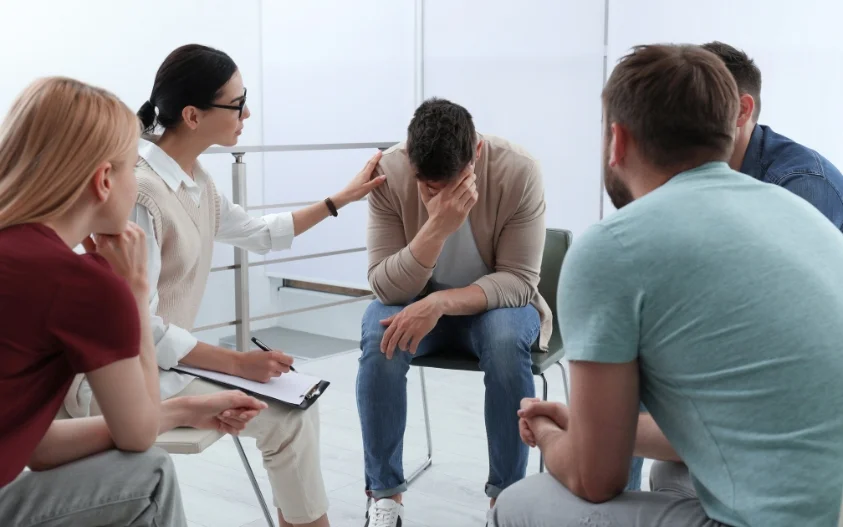centers in Madison, Idaho, play an essential role in addressing the significant drug and alcohol addiction problem that affects the local community. Nestled in the picturesque landscapes of southeastern Idaho, Madison County is home to a tight-knit population that faces rising concerns of addiction. With a population of approximately 38,000, the county has witnessed a gradual increase in substance abuse issues among its residents. The idyllic environment that Madison offers can often mask the struggles that many individuals face with addiction, leading to devastating consequences for families and the community at large. Substance abuse, particularly involving drugs and alcohol, is a persistent issue in Madison, Idaho, with trends showing an alarming rise in usage. Young adults, in particular, are prone to substance misuse, influenced by social pressures and the accessibility of various substances. Comprehensive addiction treatment programs are vital in combating this epidemic and providing individuals with the support they need to reclaim their lives. The importance of
cannot be understated as they offer specialized care tailored to the unique challenges faced by the community. From individualized therapy to group support services, these facilities are designed to nurture recovery and promote long-term sobriety. The history of Madison County, established in 1913, speaks to its significance in the region, representing not just a geographical point on the map, but a community striving to overcome the obstacles of addiction. Awareness and education about drug and alcohol addiction in Madison, Idaho, have become paramount in the fight against substance misuse. By engaging with local
facilities, residents can take proactive steps towards healing and restoration. The path to recovery may be challenging, but with the right resources and support, individuals can overcome the grips of addiction and reintegrate into the community, contributing to a healthier Madison County for all.Addiction treatment, drug and alcohol rehab centers are also available in
MadisonLearn more about













































